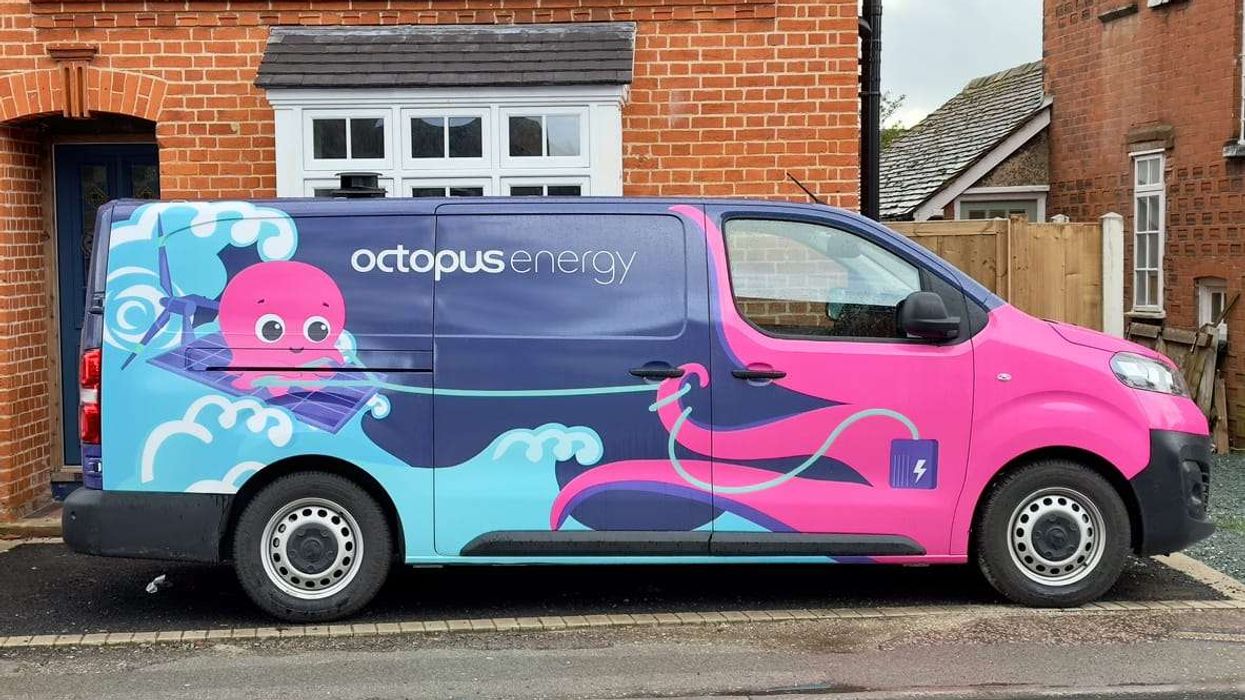THE European Court of Human Rights (ECHR) on Thursday (6) rejected alleged bookie Sanjeev Chawla’s application for an interim measure on human rights grounds to block his extradition from the UK to face match-fixing charges in India.
The legal paperwork process for his extradition will now go ahead through the UK Central Authority, for Scotland Yard officers to hand Chawla over to their counterparts from Delhi Police to be flown back to Indian within days.
“We can now confirm that the Court has rejected Mr Sanjeev Chawla’s request for an interim measure,” a spokesperson for the ECHR said on Thursday.
Chawla had lost a last-ditch High Court appeal on human rights grounds against former UK Home Secretary Sajid Javid’s extradition order at a hearing in the Royal Courts of Justice in London last month, with a court order dated January 23 setting a 28-day deadline for him to be extradited to India.
The 50-year-old British national, a key accused in the match-fixing scandal involving former South African cricket captain Hansie Cronje in 2000, must therefore be extradited from the UK by February 19.
Chawla is alleged to have played a central role in conspiring with Cronje to fix a South African tour to India.
He had approached the Strasbourg, France, based ECHR on the basis of the European Convention on Human Rights, to which the UK is a signatory and relied on Article 3, relating to prohibition of inhuman or degrading treatment, of convention in his plea.
The ECHR had sought additional assurances from the British High Commission in New Delhi that Chawla’s rights as a British citizen would be upheld, including regular consular access. According to officials familiar with the process, the assurances were speedily conveyed.
According to experts, demonstrating that such an interim measure suspending extradition is warranted is an enormous task and such pleas are rarely successful.
“The Secretary of State signed the order for Sanjeev Chawla’s extradition to India in February 2019. Due process will now be followed,” the UK Home Office said.
Chawla, who remains on bail, has sought to argue against his extradition to India on human rights grounds in the UK courts ever since his arrest back in June 2016.
Most recently, at an appeal hearing on January 16, a two-member High Court panel said they accepted the assurances provided by the Indian government that the accused will be accommodated in a cell to be occupied exclusively by him, with proper “safety and security” and complying with the “personal space and hygiene requirements” the court expects.
India had also made further guarantees on medical facilities and protection from intra-prisoner violence in Delhi’s Tihar Jail, where he is to be held ahead of his trial.
“Nothing suggests that there is any real risk of injustice, nor are the circumstances exceptional. Indeed, the material does not even demonstrate reasonably arguable grounds for contending that there would be a real risk of ill-treatment contrary to Article 3 ECHR,” Justices David Bean and Clive Lewis said in their judgment handed down last month.
Chawla’s case will be the first high-profile extradition of its kind under the India-UK Extradition Treaty, signed in 1992.
Following an extradition trial in October 2017, Westminster Magistrates’ Court in London had concluded that while Chawla had a prima facie case to answer, his human rights could not be guaranteed in Tihar.
This ruling was successfully challenged in the High Court by the Crown Prosecution Service (CPS), arguing on behalf of the Indian authorities.
According to court documents in the case, Chawla is described as a Delhi-born businessman who moved to the UK on a business visa in 1996, where he has been based while making trips back and forth to India.
After his Indian passport was revoked in 2000, he obtained a UK passport in 2005 and became a British citizen.
(PTI)











